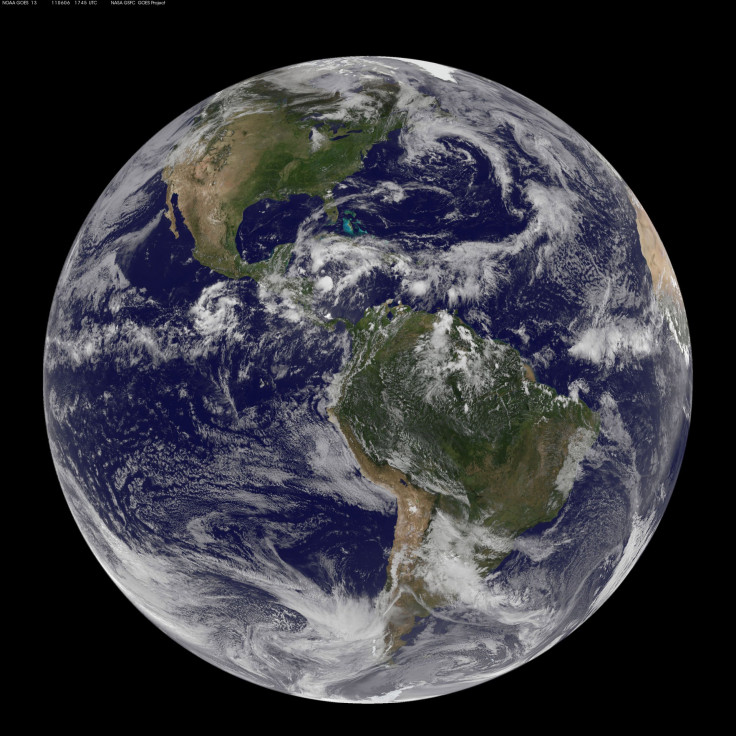Global Warming Will Continue And Curbing Carbon Emissions Won't Cool Planet, Princeton Scientists Say

Even if the world halted all greenhouse gas emissions, there is enough carbon dioxide already in the Earth’s atmosphere to keep warming the Earth's climate for centuries, according to a Princeton University study released Sunday.
Published in the journal Nature Climate Change, the study suggests that it might take less carbon than previously thought to heat the atmosphere to the global temperature scientists believe is unsafe.
In a simulation, researchers released 1,800 billion tons of carbon in the simulated atmosphere and then suddenly stopped the release of the carbon emissions.
“Scientists commonly use the scenario of emissions screeching to a stop to gauge the heat-trapping staying power of carbon dioxide,” according to a Princeton press release about the research. “Within a millennium of this simulated shutoff, the carbon itself faded steadily with 40 percent absorbed by Earth's oceans and landmasses within 20 years and 80 percent soaked up at the end of the 1,000 years.”
But scientists found that heat trapped by carbon dioxide after a century of cooling the planet warmed by .66 Fahrenheit during the next 400 years, as the ocean absorbed less heat.
While the research contradicts a scientific consensus that global temperatures would remain or decline if emissions were cut completely, they also did not take into account the gradual reduction in the oceans' ability to absorb heat from the atmosphere.
"Scientists have thought that the temperature stays constant or declines once emissions stop, but now we show that the possibility of a temperature increase cannot be excluded," Thomas Frölicher, author of the research, said. "This is illustrative of how difficult it may be to reverse climate change — we stop the emissions, but still get an increase in the global mean temperature."
This follows a report by the World Meteorological Organization that said the amount of greenhouse gasses in Earth's atmosphere hit a record high in 2012, continuing an upward trend driving climate change.
Carbon dioxide, the single-most-important greenhouse gas on a global scale, reached 393.1 parts per million last year, or 141 percent of pre-industrial levels before 1750. The amount in the atmosphere increased 2.2 parts per million from 2011 to 2012, which is above the average (2.02ppm) of the past 10 years.
“Limiting climate change will require large and sustained reductions of greenhouse gas emissions. We need to act now, otherwise we will jeopardize the future of our children, grandchildren and many future generations,” Jarraud said. “Time is not on our side.”
Since the start of the industrial era in 1750, global average CO2 has increased by 41 percent, methane by 160 percent and nitrous oxide by 20 percent, the U.N. agency stated.
“As a result of this, our climate is changing, our weather is more extreme, ice sheets and glaciers are melting, and sea levels are rising,” Michael Jarraud, the head of the WMO, said.
© Copyright IBTimes 2025. All rights reserved.






















